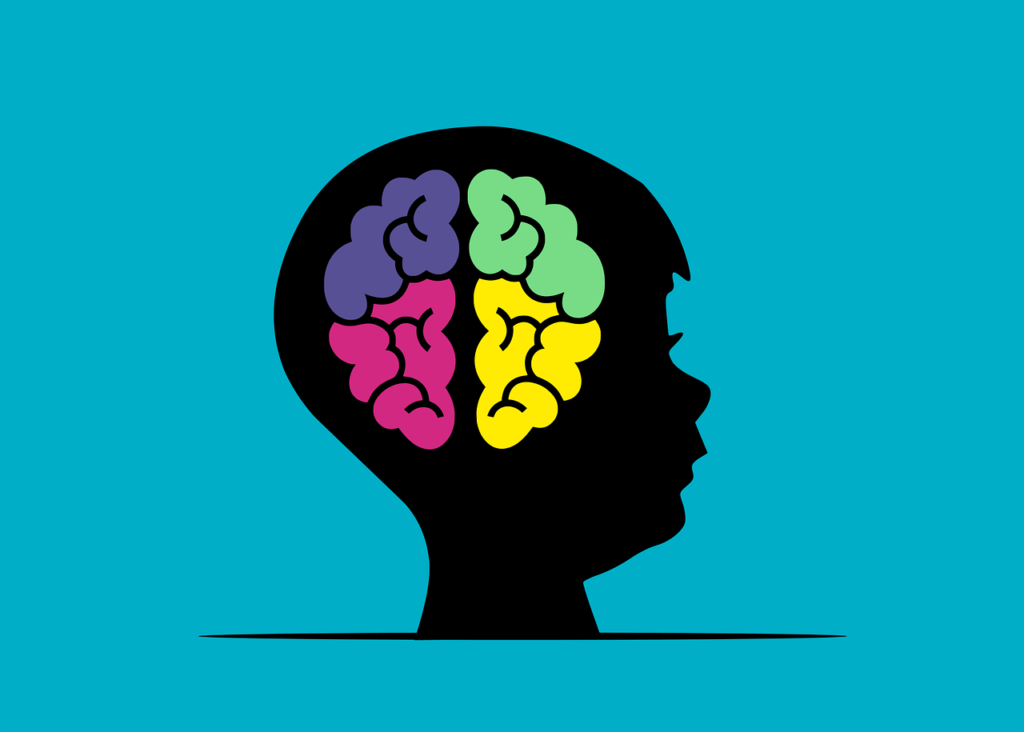Supporting children with autism is a journey that requires patience, understanding, and tailored strategies to meet their unique needs. Below are some key approaches to help children with autism thrive.
1. Early Intervention and Diagnosis
The earlier autism is recognized, the sooner effective support can begin. Look out for signs such as delayed speech, difficulties with social interactions, or repetitive behaviors. Once identified, early intervention services, including behavioral, speech, and occupational therapy, can make a significant difference in a child’s development.
2. Behavioral Therapy
Applied Behavior Analysis (ABA) is one of the most effective therapies for children with autism. It focuses on reinforcing positive behaviors and reducing harmful or disruptive ones. Through ABA, children can develop essential life skills, improve communication, and learn to navigate social situations more effectively.
3. Speech and Occupational Therapy
Many children with autism struggle with communication. Speech therapy can help them develop language skills, whether through verbal speech, sign language, or communication devices. Occupational therapy, on the other hand, focuses on improving fine motor skills, daily living tasks, and sensory processing, which are often challenging for children with autism.
4. Special Education
Children with autism often benefit from individualized education plans (IEPs) tailored to their specific learning needs. Schools with special education programs provide a supportive environment where children can learn at their own pace, with strategies that cater to their strengths and challenges.
5. Social Skills Training
Autism can make it difficult for children to understand and engage in social interactions. Social skills training programs are designed to teach them how to communicate, understand social cues, and build relationships with others. These skills are crucial for their overall well-being and integration into society.
6. Family and Parental Support
The role of the family in supporting a child with autism cannot be overstated. Parents and caregivers should educate themselves about autism, seek support from professionals, and connect with other families going through similar experiences. Building a strong support network can provide emotional relief and practical advice.
7. Diet and Nutrition
Some children with autism have dietary restrictions or sensitivities. A balanced diet tailored to their needs can help improve their overall health and well-being. Consulting with a nutritionist who understands autism can be beneficial in creating a diet plan that supports their development.
8. Utilizing Resources and Technology
There are many resources available for children with autism, including apps, educational games, and support groups. These tools can be valuable in enhancing learning and communication while also providing a sense of community and support for both the child and the family.
9. Patience and Positivity
Every child with autism is unique, and progress may come slowly. Patience, positivity, and celebrating small victories are essential in maintaining a supportive and loving environment. Understanding that setbacks are part of the journey helps in staying committed to long-term goals.
Conclusion
Supporting a child with autism requires a comprehensive approach that includes early intervention, personalized therapies, education, and strong family involvement. By using these strategies, parents and caregivers can help their children lead fulfilling and independent lives.

